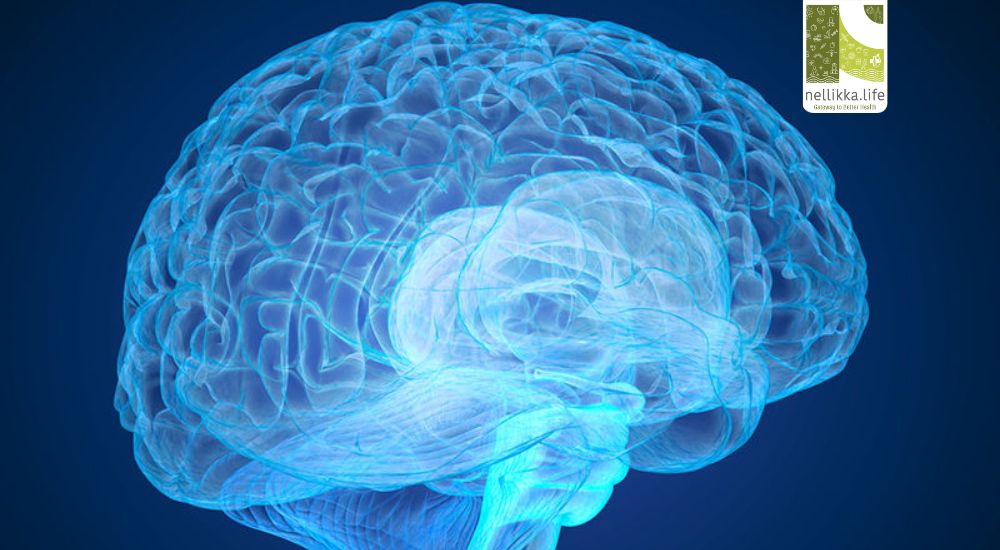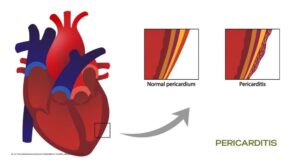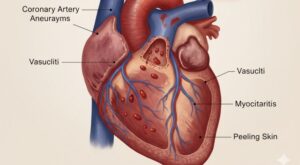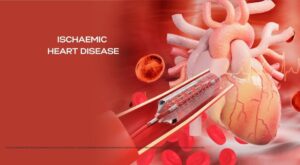HPDL Deficiency: A Rare Genetic Disorder Affecting the Brain

Understanding a Silent Neurodevelopmental Challenge . In the vast and intricate network of human biology, rare genetic disorders often go unnoticed — yet their impact on families and lives is profound. HPDL Deficiency is one such condition. Recently identified through advanced genetic screening, this disorder is rewriting what we know about neurodevelopmental diseases in children.
What is HPDL Deficiency?
HPDL Deficiency is a rare autosomal recessive neurodevelopmental disorder caused by mutations in the HPDL gene (4-hydroxyphenylpyruvate dioxygenase-like gene). This gene is believed to play a vital role in mitochondrial function, which in turn supports the brain’s energy needs.
When the HPDL gene is mutated, the energy production in brain cells is compromised, leading to a cascade of neurological symptoms in early infancy or childhood.
How Does It Occur?
The disorder is inherited in an autosomal recessive pattern, meaning a child must receive one mutated gene from each parent to be affected.
Both parents are usually carriers and do not show symptoms themselves.
Symptoms of HPDL Deficiency
The symptoms usually appear in infancy or early childhood and may include:
- Global developmental delay (motor and cognitive)
- Hypotonia (floppiness or reduced muscle tone)
- Spasticity (tight or stiff muscles)
- Seizures or epilepsy
- Microcephaly (small head size)
- Visual impairment or blindness
- Feeding difficulties
- Progressive cerebral atrophy on MRI scans
What Happens in the Brain?
HPDL is strongly expressed in the central nervous system. In children with the deficiency, brain imaging may show:
- Progressive brain atrophy
- Delayed myelination
- Ventricular enlargement
- Changes resembling mitochondrial dysfunction
This reflects how critical HPDL is to neuronal survival and mitochondrial energy metabolism.
Diagnosis
Diagnosis involves a multistep approach:
- Clinical evaluation by a pediatric neurologist
- MRI of the brain for structural assessment
- Whole Exome Sequencing (WES) or genetic panels to confirm HPDL mutations
- Metabolic work-up to rule out other mitochondrial disorders
Early diagnosis can help families plan supportive care and manage complications.
Is There a Cure?
As of now, no definitive cure exists. However, supportive care can significantly improve quality of life:
- Antiepileptic drugs for seizures
- Physiotherapy and occupational therapy
- Nutritional support
- Vision therapy if visual impairment is present
- Palliative care in severe progressive cases
Why Awareness Matters
Because HPDL deficiency is ultra-rare and newly described, awareness among pediatricians, genetic counselors, and the public is still low. Many cases may go undiagnosed or misdiagnosed as cerebral palsy or other developmental syndromes.
By educating ourselves, we improve the chances of early diagnosis, informed family planning, and even future research-based therapies.
References :
1.HPD-LIKE PROTEIN
2. HPDL mutations identified by exome sequencing are associated with infant neurodevelopmental disorders
3. HPDL deficiency causes a neuromuscular disease by impairing the mitochondrial




